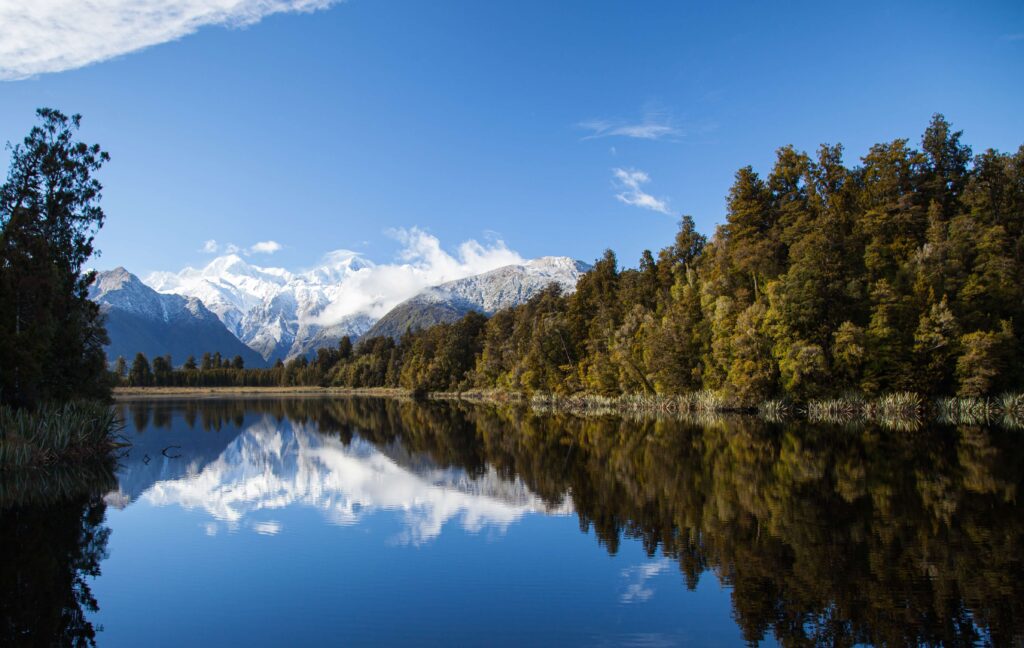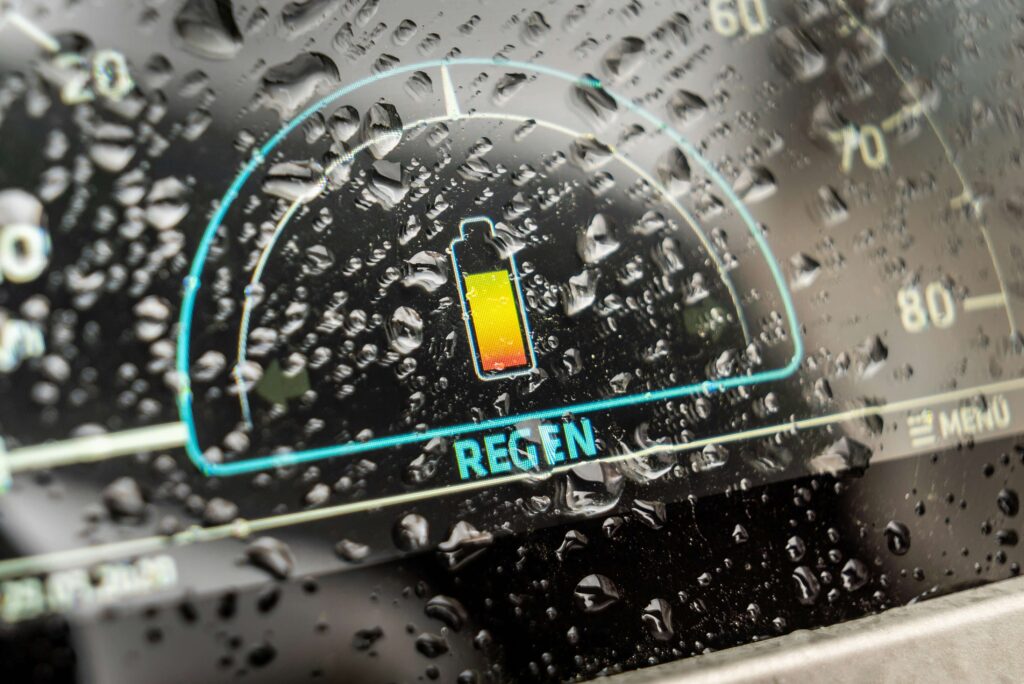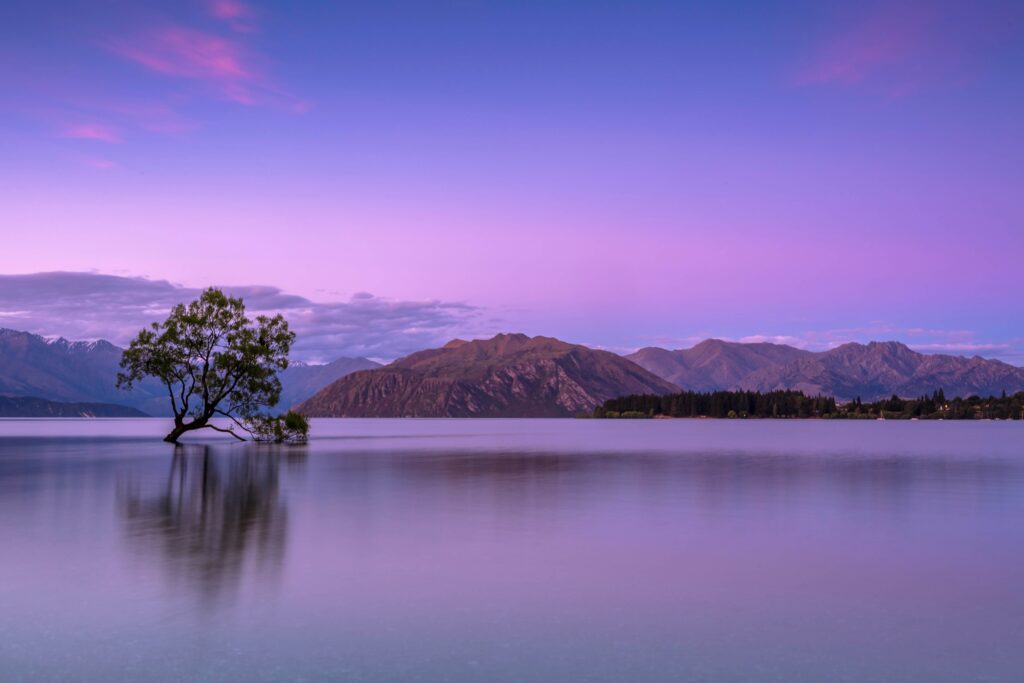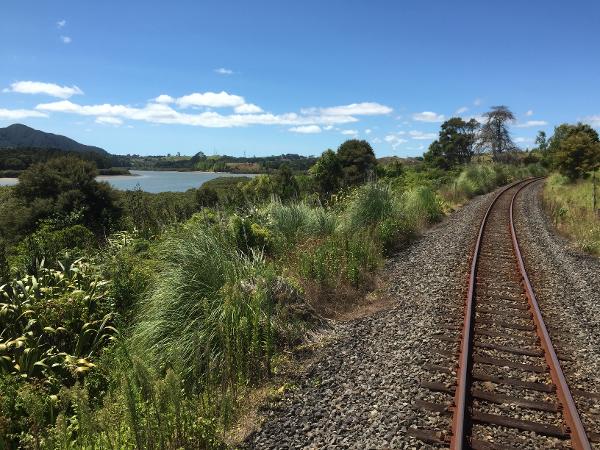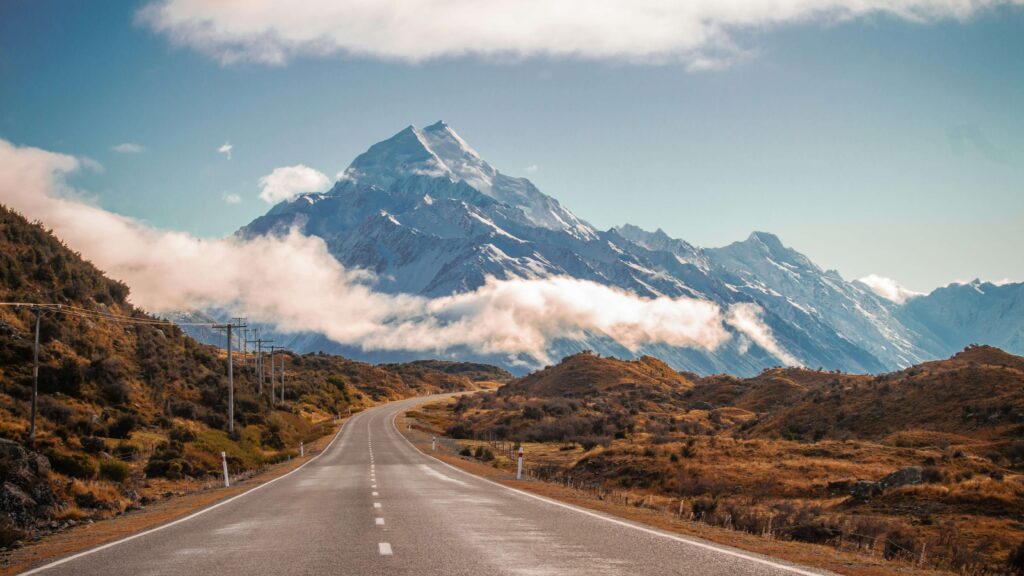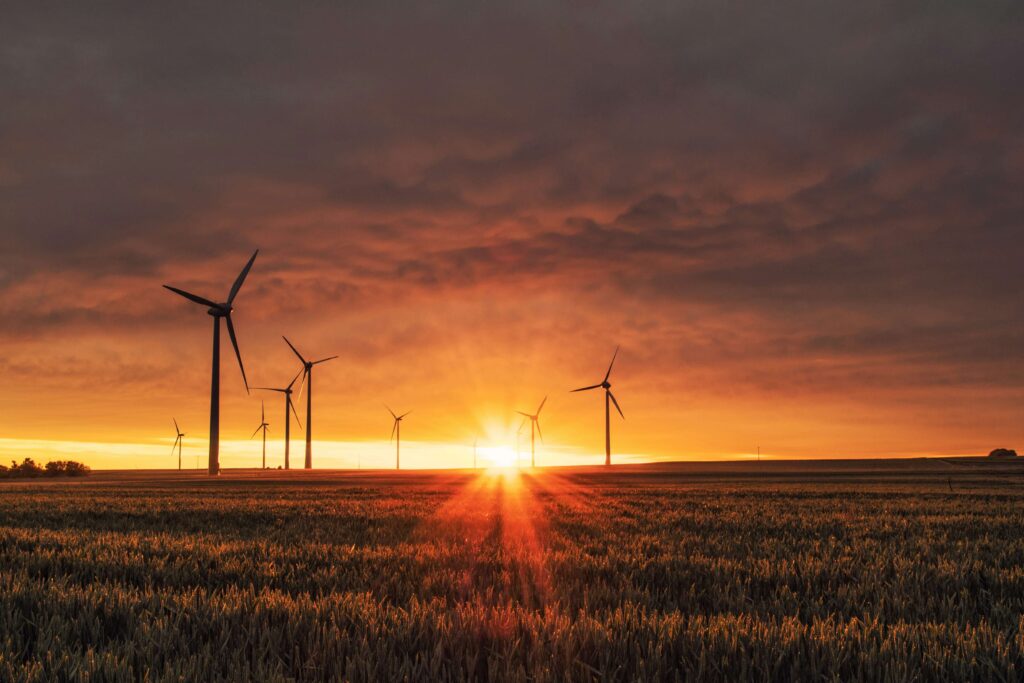Video coming soon: A current perspective on local government
Crystal Beavis spoke about her experience as a first-term Councillor for Waikato District Council. Local Government plays a key role in infrastructure, engineering and related matters such as: roads, drinking water, wastewater, stormwater, building consenting, district planning and noise control. Funding pressures have been exacerbated by decreases in funding from central government, unfunded mandates, and legislated water reform.
Read MoreJanuary 2025
CONTENTS – Global CO2 emissions in 2024
– Climate crisis effects on Earth’s water cycle – US homeowners in disaster-prone states face soaring insurance costs – Climate change and geopolitics – EU’s electricity mix in 2024 – Toxic PFAS pollution in UK and Europe – Flatulence tax: Denmark agrees deal for livestock emissions levy – Sites without sound: Oslo leads in quiet, low emission electric construction – Report says blue hydrogen gives false hope for green steel – How to make oxygen on the moon – Recommended reading – ESR Prizewinner, Zion Young
November 2024
CONTENTS – Earth’s ‘vital signs’ show humanity’s future in balance, say climate
experts – Five main takeaways from the Global Commission on the Economics of
Water Report, October 2024 – Extracts from IEA World Energy Outlook 2024 Executive Summary – Extracts from Energy Source & Distribution Magazine, Sep/Oct 2024 – Reducing climate emissions from farm livestock – Energy-saving coffee concrete makes major project debut – Deakin launches hydrogen R&D hub in Warrnambool – Amid Australia’s chaotic climate politics, the rooftop solar boom is an unlikely triumph – First Dog on the Moon, 11 October 2024.
Watch video: Presentation of ESR’s submission on the Second Emissions Reduction Plan
Watch a video summary of ESR’s submission to the consultation document “New Zealand’s second emissions reduction plan”, presented by two of its authors, Professor Emeritus Thomas Neitzert and Dr Peter Whitmore. The presentation is followed by a Q&A session and a discussion
of next steps.
Submission in response to the Crown Minerals Amendment Bill 2024
This submission relates to the Crown Minerals Amendment Bill, on which public submissions opened on 26 September 2024. ESR very strongly recommend that the ban on offshore oil and gas exploration not be removed. Instead, we need to be taking very rapid action to reduce our emissions by moving away from the use of fossil fuels.
Read MoreSeptember 2024
CONTENTS – A history of the human mind – What is degrowth and can it save the planet? – News items from Reuters Sustainable Switch, August 2024 – Parliamentary Commissioner for the Environment. – Submission on the second emissions reduction plan consultation, 26/08/2024 – National Land Transport Programme 2024-27
Read MoreAugust 2024
This newsletter includes potential new uses of wood; a process for potentially reducing cement emissions; a process which could reduce green hydrogen production costs; a new catalyst for efficiently converting ammonia to hydrogen etc.; converting trucks from diesel to hydrogen combustion; and Danish measures to reduce methane emissions and make its agricultural sector more sustainable. It ends with a reminder of the impacts of the climate crisis on the world’s oceans.
Read More


